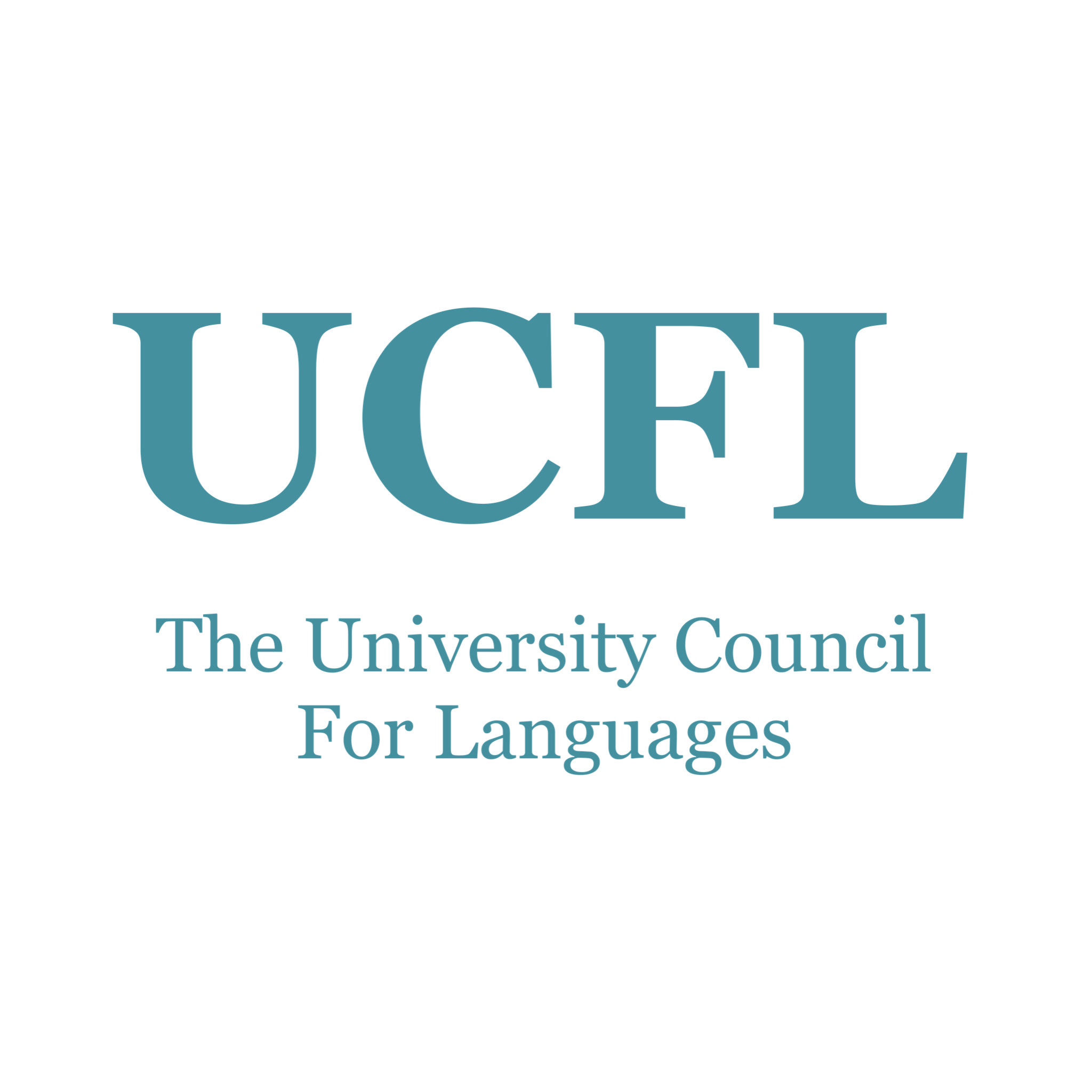
 The aim of this programme is to support and encourage language uptake in the senior phase. Language Explorers Scotland consists of a short series of mentoring sessions led by university students with lived experiences of language learning and multiculturalism. It aims to win hearts and minds of young people by giving them time to explore the bigger picture of language learning with a trained, supportive student mentor. Similar schemes running in other parts of the UK have led to an increase in the number of learners continuing with languages into higher levels of study.
The aim of this programme is to support and encourage language uptake in the senior phase. Language Explorers Scotland consists of a short series of mentoring sessions led by university students with lived experiences of language learning and multiculturalism. It aims to win hearts and minds of young people by giving them time to explore the bigger picture of language learning with a trained, supportive student mentor. Similar schemes running in other parts of the UK have led to an increase in the number of learners continuing with languages into higher levels of study.
What it involves:
- Weekly online mentoring sessions with groups of up to 10 mentees for 6 weeks
- Sessions run at a time agreed between schools and their student mentors
- Free of charge to participating state schools in Scotland
- Schools must have access to Glow and a solid internet connection
- A supervising member of school staff will oversee each mentoring session
In order to apply, please email SCILT by 10 October 2025.